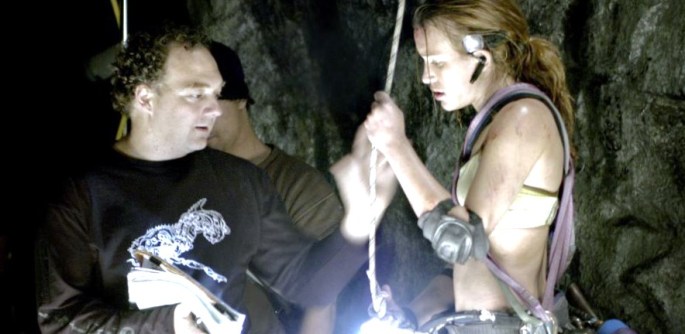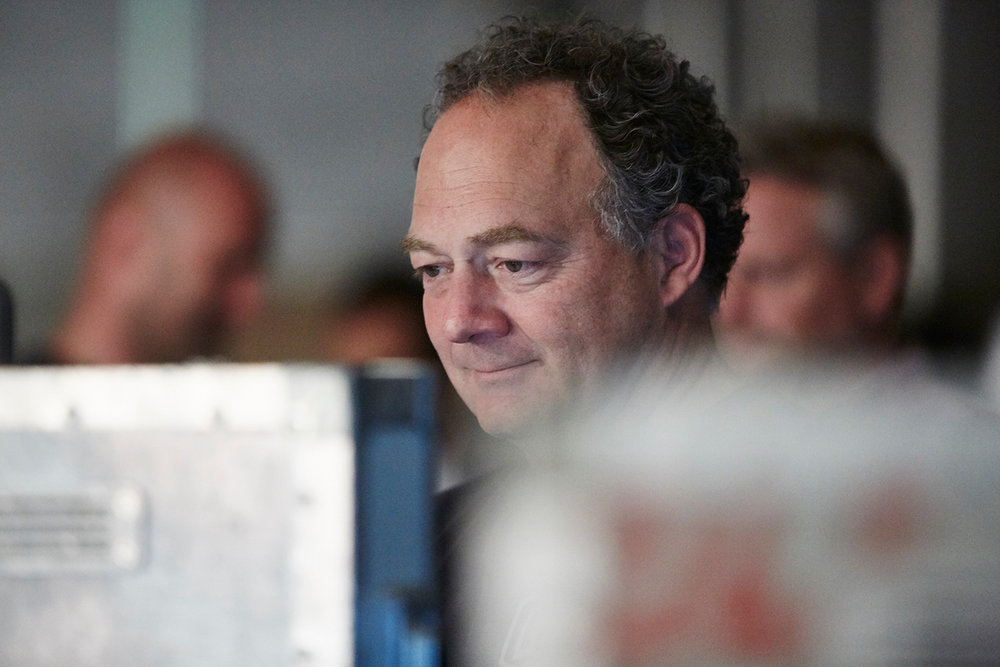
I’ve never been super into WWE wrestling, even as a kid the campy artifice didn’t fool me and I always found it silly, but trust a film like Stephen Merchent’s Fighting With My Family to illuminate warmly not only just how much the sport means to millions all over the world, but the level of commitment, athleticism and theatrical charisma is needed to be successful at it that I just never gave much thought to. It’s basically the story of real life underdog Saraya ‘Paige’ Knight, a girl from Norfolk, England, who got shot to stardom after a WWE talent scout came to her town and selected her for the big leagues. Here played by Florence Pugh, she comes from a family that lives, breathes and worships WWE like a religion, her parents (Nick Frost & Lena Headey, wonderful) raising her and her brother (Jack Lowden) with wrestling culture running through their veins. Her journey from small town England to snazzy training facilities stateside is one fraught with physical, personal and familial challenges as she struggles to forge her own identity under the ruthless tutelage of recruiter and trainer Vince Vaughn, who deals in tough love and tougher discipline principles. The film is fierce, funny and disarmingly emotionally mature, letting Pugh and all her cast mates find the riotous dark humour, cathartic interpersonal beats and genuine love for wrestling emanate from all angles. There is a cameo from Dwayne Johnson, naturally playing himself and getting to be as funny and as down to earth as he’s ever been in any film. Vaughn is next level good here, finding the tragic notes in his character, the mentorship and paternal caring for Saraya and absolutely nailing a monologue that gives us insight into his arc and the world they live in overall. This isn’t just a wrestling picture, it’s a careful and loving dissection of shifting family dynamics, a flat out hysterical comedy and a powerful story of one girl finding her voice and her path a thousand miles away from her home. Excellent film.
-Nate Hill








